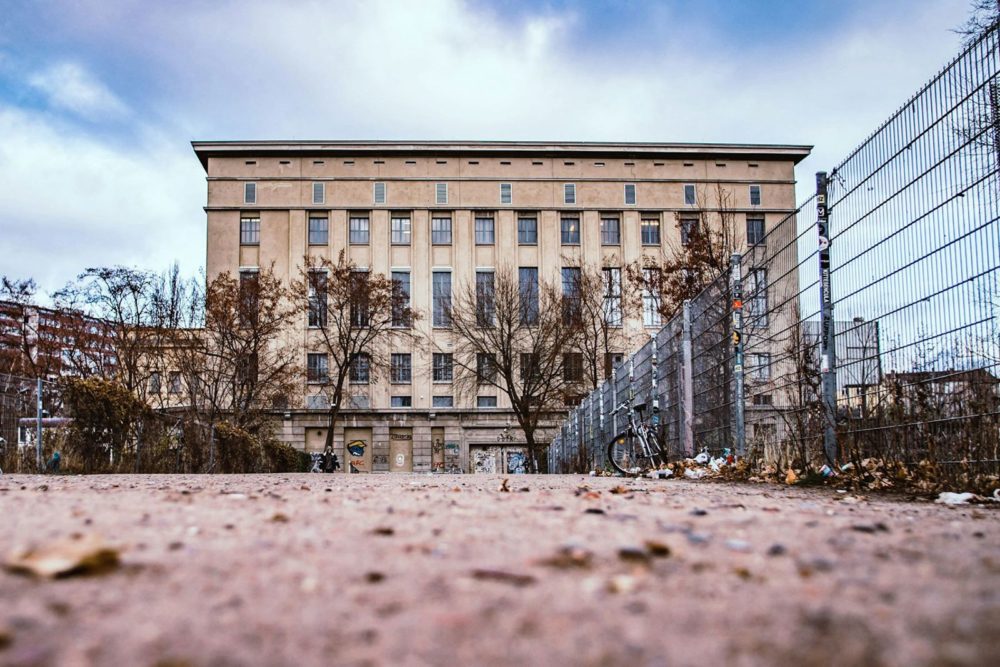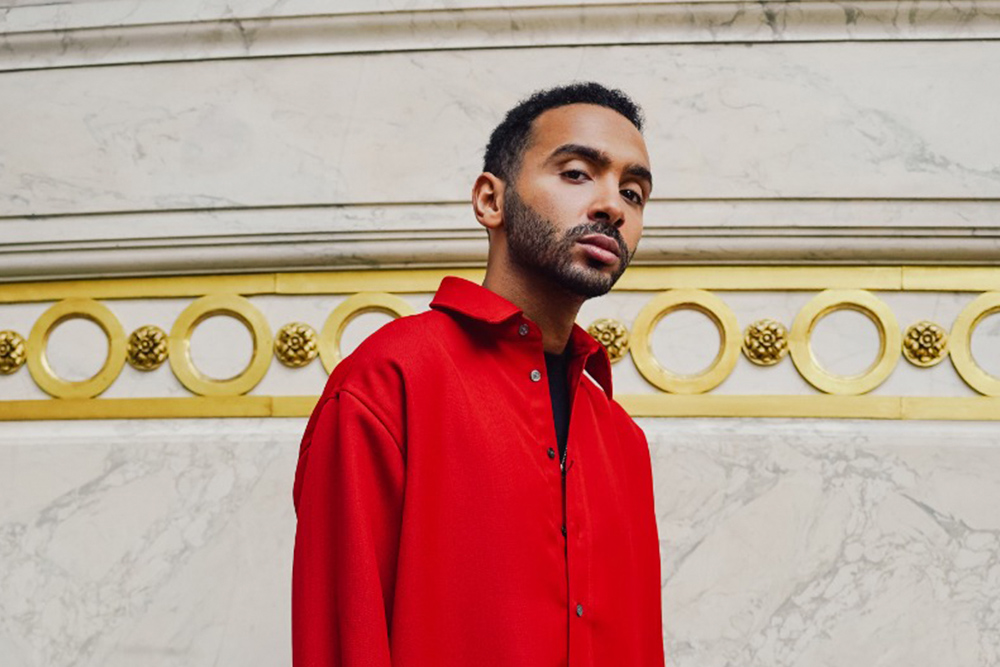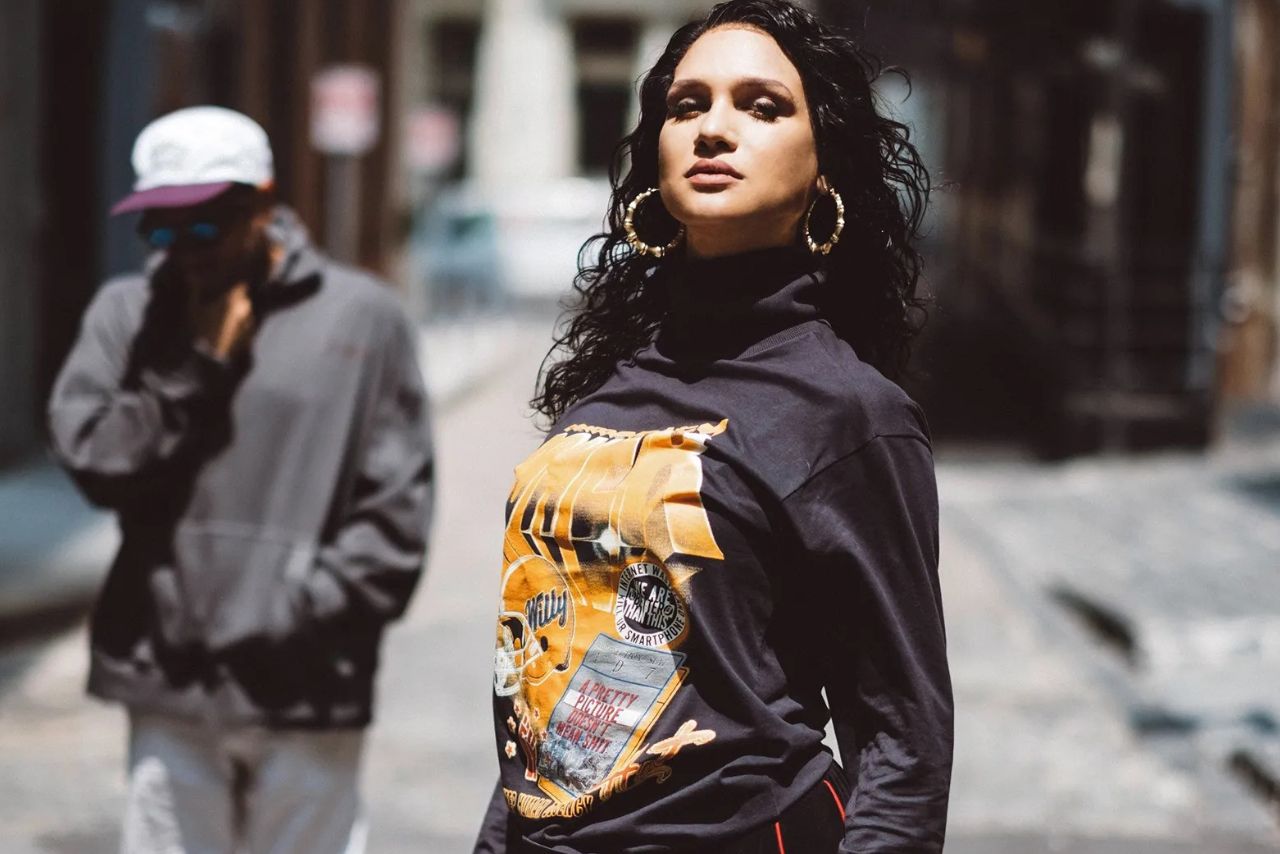In the wake of the Berlin Senate’s decision to retract a contentious anti-discrimination clause, the debate surrounding patronage in culture and the arts has once again taken center stage. While the legal intricacies of the retraction may be complex, the underlying issue is straightforward: Should culture and the arts be subject to any form of patronage? In the spirit of journalistic inquiry and societal progress, it is time to make a compelling case against the dependence of culture and arts on patronage.
Photo by Simon Tartarotti on Unsplash
Historically, patronage has been a double-edged sword for artists. On one hand, it offers financial support that allows creators to bring their visions to life. On the other hand, it often comes with strings attached – be it political, ideological, or societal. The recent events in Berlin serve as a stark reminder that when art becomes entangled with political agendas, the very essence of artistic expression is compromised.
Art is meant to be a reflection of the diversity of human experiences, challenging societal norms and pushing boundaries. However, when cultural and artistic endeavors are tied to patronage, creators may find themselves navigating a minefield of restrictions. The fear of offending patrons or deviating from their expectations stifles the vibrant, unbridled creativity that is the lifeblood of a thriving cultural scene.
Many clubs and festivals in Germany receive government support. To paint a broad picture, in 2020 alone, the Berlin Senate gave out €600 million for cultural projects, spread across disciplines such as art, literature, theatre, and electronic music.
The retracting of the anti-discrimination clause in Berlin, which required recipients of public funding to comply with the IHRA (International Holocaust Remembrance Alliance) definition of antisemitism, may have legal justifications, but it serves as a poignant reminder that the arts should not be shackled by political or societal pressures. In a truly progressive society, the cultural landscape must be a vibrant menagerie of diverse voices, free from the shadows of patronage.
In the cultural epicenter of New York City, the arts have often found themselves entangled with corporate interests. Major cultural institutions frequently rely on sponsorships from powerful corporations, leading to concerns about the impact on artistic integrity. The influence of sponsors on exhibition content and artistic programming has raised eyebrows, prompting a reevaluation of the relationship between commerce and creativity.
For its part, Brazil’s colorful cultural scene grapples with a different dilemma – the struggle for representation. As diverse voices seek recognition, traditional power structures resist change. The tension between the desire for financial support and the need for authentic representation has given rise to a completely biased take on Brazilian heritage.
These instances from around the world underscore a common theme – the precarious nature of artistic independence when tethered to external influences. While each locale has its unique challenges, the overarching narrative remains consistent: the arts must not be beholden to political, corporate, or societal pressures that compromise the essence of creative expression.
As we reflect on these global cases, it becomes evident that the struggle for artistic freedom is not confined to a specific region or culture. It is a universal pursuit that demands innovative solutions. The recent events in Berlin should serve as a catalyst for a broader conversation about reshaping the relationship between art and patronage, envisioning a world where culture is truly liberated, diverse, and reflective of the unfiltered human experience.








